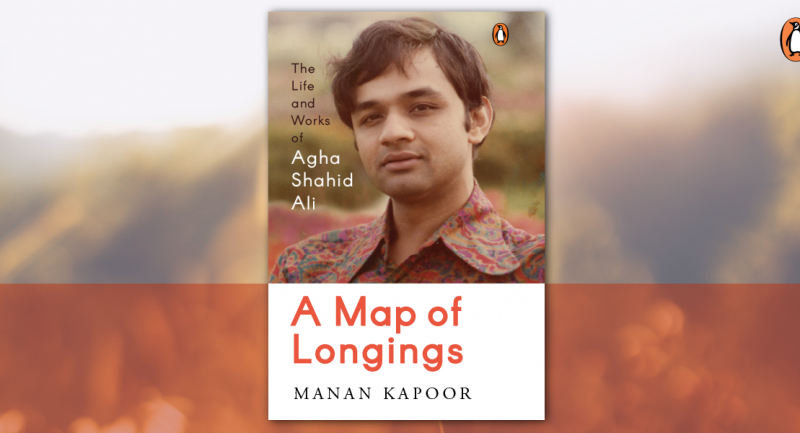
It is the searing month of June. The rebellion against the British has just begun and Awadh is up in flames. Hindus and Muslims have joined hands to overthrow the foreign rulers and set India free. Some Indian rulers have started to enter into alliances to fight the firangis, while others have thrown in their lot with the foreigners. Amid all this, Riyaz Khan, a young solider from the army of the Raja of Mahmudabad, saves a group of Britishers from fellow ‘mutineers’ and escorts them to the safety of Lucknow. In this group is Alice, who falls in love with Riyaz and eventually becomes an informer for the rebels.
Here is an excerpt from the The Break of Dawn by Khan Mahboob Tarzi translated from Urdu by Ali Khan Mahmudabad from Riyaz Khan’s imprisonment.
The room in which Riyaz was imprisoned had just one skylight. After a while, he started feeling very hot and lay down on the floor. He thought of his old parents. After an hour or so, he heard the sound of a door opening but kept lying where he was. Someone with a heavy step came inside. Riyaz crooked his neck to see who it was and, recognizing him, immediately stood up.
The man was one of the people he had saved from his comrades near the Sarayan. The old man smiled and came forward to shake his hand. Riyaz, too, greeted him with a smile and said, ‘You recognized me?’
‘Yes, I was just informed,’ said the old man. ‘And I cannot forget my saviour. We do not forget those who help us.’
Riyaz replied, ‘And in return for that help, I have been locked up in this dark, airless room.’
‘Mr Riyaz, the Indian armies are mutinying, and you too are a junior officer in one of these armies.’
‘Yes, but I never caused you any bodily discomfort or pain.’
‘This is why I have come, so that I can take you outside,’ the old firangi said. ‘I have just told the chief commissioner what a brave and merciful young man you are. You are different from those rebels who are slaughtering Englishmen.’
‘I am against killing and terror,’ replied Riyaz. ‘But I am not complaining to you that you have locked me up in this small room in the heat.’
‘Come. Come outside with me. My name is Joseph Filton.’
Riyaz left the little room with him. He was drenched in sweat. Mr Filton took him towards the gardens and motioned at a two-storey building. ‘I am staying in Maisher Mall, Mr Gomes’s house. Come and meet Sir Henry Lawrence. I am sure you will be happy to meet him, and you will know that we are not what the Indians think we are.’
Mr Filton entered the Residency gates. There were armed guards everywhere. Mr Filton took Riyaz to the chief commissioner’s room. Riyaz saluted the officer as they do in the army and stood before him.
Sir Henry Lawrence was sitting in a chair and staring at Riyaz, as if he was trying to read his thoughts from his facial expressions. Riyaz didn’t like the sunken cheeks and the whitish complexion. Sir Henry stared at him for two minutes and then, in a superior voice, said, ‘Please sit down, Mr Riyaz. I appreciate your services, but due to the circumstances I have no choice but to have you arrested.’
Riyaz sat down on a chair near Sir Henry’s desk. Mr Filton also found a chair and started speaking to Sir Henry in English. Riyaz had developed a rudimentary understanding of English since joining the army. Mr Filton was praising Riyaz, on whom Sir Henry had his eyes
fixed. As soon as Mr Filton fell silent, Sir Henry said to Riyaz, ‘You seem like a civilized young man. By saving my fellow Englishmen and women, you have done my people a favour. You are a good fellow. Living among the mutineers, you are merely supporting them on principle.’
‘I am grateful that you have acknowledged my deeds. But I have done no favour to you or to your people by saving those Englishmen and women. I have merely done my duty. The humanitarian code dictates that we are all bound to each other through basic rights and duties.’
‘You seem like a well-educated man, Mr Riyaz,’ said Sir Henry. ‘If you leave the mutineers, I see a very good future for you.’
‘We have a difference of opinion,’ Riyaz solemnly replied. ‘I can see what you are implying, but I have nothing to say about it.’
‘Listen, this mutiny is just a little blip. It will last for a few days at the most. The Indians are breaking the peace and spreading discord. Neither are they united, nor do they have any one leader. All they want to do is kill and loot, and that is exactly what they’re doing. We are fighting for a purpose, and however much you disagree with that purpose, you cannot refute the fact that if the mutineers are allowed to do whatever they wish, entire cities will be uprooted and human life will have no worth.’
‘I am here in front of you as a prisoner,’ Riyaz replied emphatically, ‘which is why this conversation serves no purpose. Even if we assume the impossible—that we will change each other’s views—this will not make any difference to the rest of the armies, as I am not their representative.’
‘Well, why don’t you just decide for yourself then? You seem like a promising young man, and if you help us, we will reward you in good measure. We will make you someone.’
Riyaz bowed his head, pausing to think about what to say. ‘In the current circumstances, I cannot help you in any way.’
‘Try to understand my position,’ Sir Henry said tersely. ‘You are a mutineer and will be hanged, but I am giving you a chance to think about my offer.
The Break of Dawn, originally published in Urdu under the title Aghaaz-e-Sahr, is a thrilling page-turner and a reminder of a time when Indians of all classes and creeds came together to fight for the honour and freedom of their homeland.









